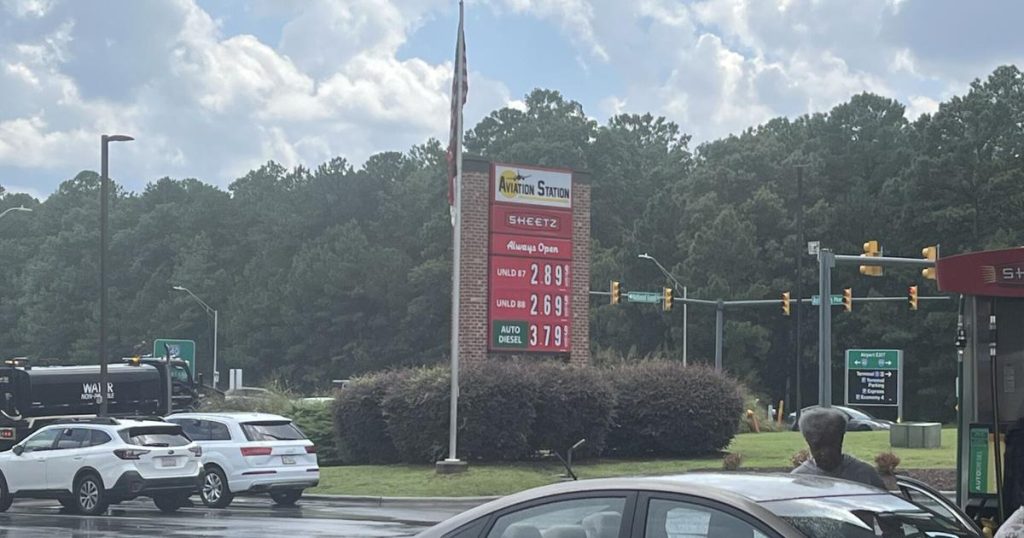(The Center Square) – Transportation energy prices are only 2 cents higher than the beginning of the calendar year for the majority of North Carolinians.
The average price for a gallon of unleaded gasoline statewide is $2.88, down 3 cents from two weeks ago, according to the American Automobile Association. Nationally, the average price is $3.15, up 11 cents from Dec. 31.
For diesel, the state average is $3.53 and nationally it’s $3.72. For context, at the turn of the calendar new year the statewide average was $3.41 and nationally it was $3.50.
Combustion engine consumers make up more than 8 million of the vehicle registrations in the nation’s ninth largest state.
North Carolina’s electric vehicle charging rate average, according to AAA, is 33.5 cents per kilowatt-hour. The national average is 36.6 cents per kwh. More than 100,000 zero emission vehicles are registered in the state. At the start of the calendar year, the state norm was 33.5 cents per kwh and the national was 34.7 cents per kwh.
Twelve states have lower average prices for a gallon of unleaded; 16 are lower for diesel; and six are lower in electric.
Among 14 major metro areas, the least expensive average for unleaded gas is in Fayetteville at $2.74. Most expensive are the areas of Charlotte-Gastonia-Rock Hill and Durham-Chapel Hill metro area (each $2.94).
Diesel is the most consumer-friendly ($3.43) in Hickory-Lenoir-Morganton.
North Carolina’s 40.3 cents per gallon tax rate for 2025 is topped by California (59.6), Pennsylvania (57.6), Washington (49.4), Illinois (47), Maryland (46.1), and New Jersey (44.9).
The motor fuel excise tax rate in the state is the amount for the preceding calendar year (40.4), multiplied by a percentage. The percentage is plus or minus the sum of the annual percentage change in state population for the applicable calendar year, multiplied by 75% and the annual energy index percentage change in the Consumer Price Index for All Urban Consumers, multiplied by 25%, the state Department of Transportation explains on its website.
Motor fuel taxes in the state go to the Department of Transportation’s highway and multi-modal projects, adding up to just more than half of the state transportation resources. Specifically, the revenues go into the Highway Fund and the Highway Trust Fund.


